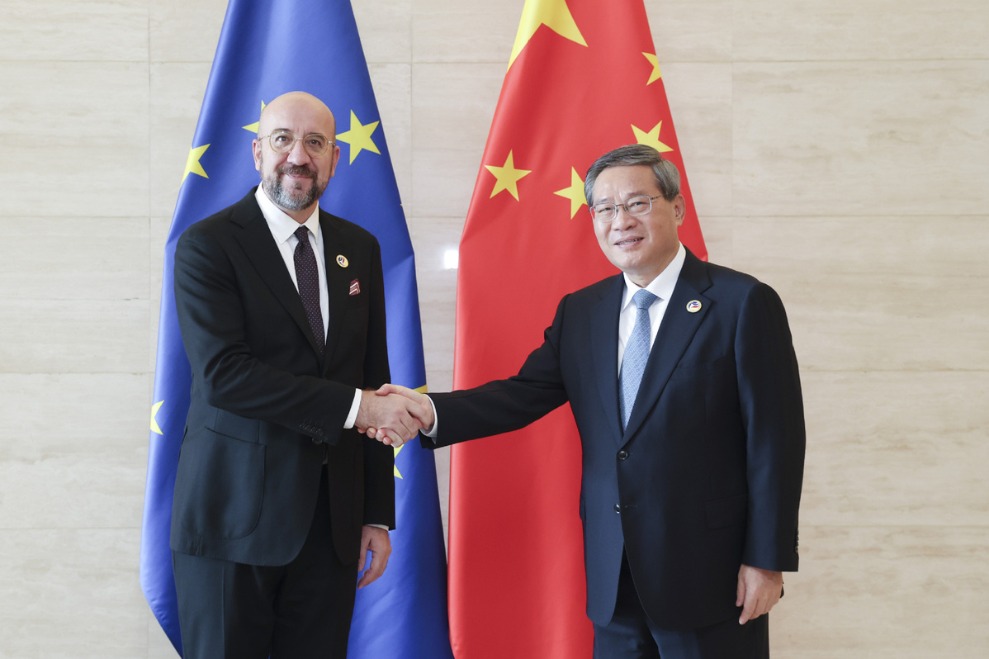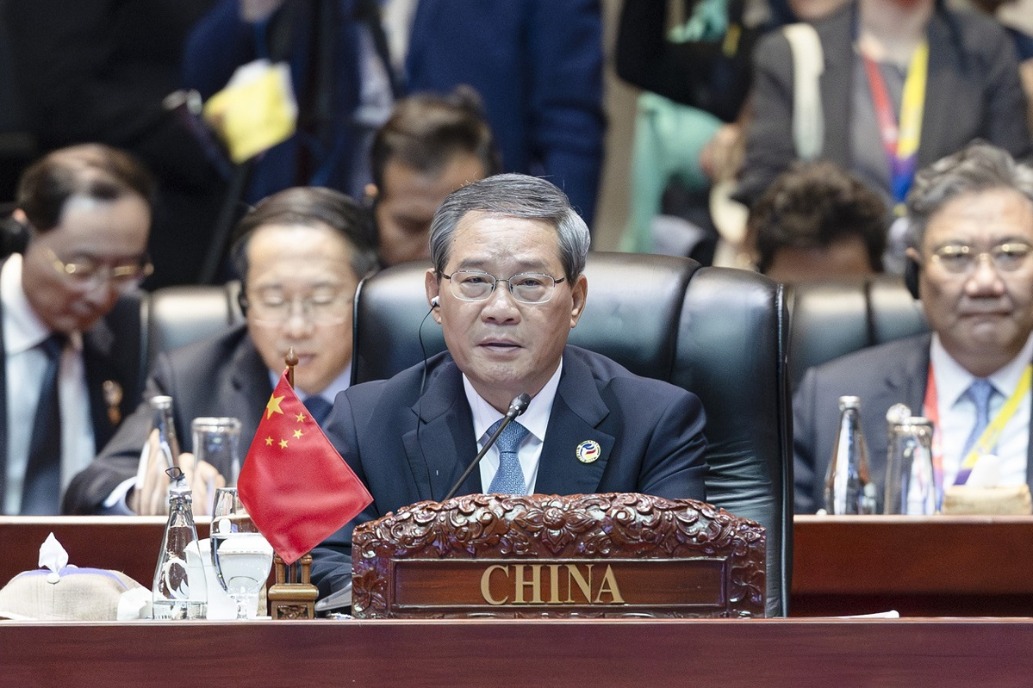Giving underprivileged kids a goal in life
Hungarian side offers a sense of belonging and stability to those on the fringes of society

Building resilience

Besides the joy of playing soccer, youngsters learn life skills, such as cooperation, teamwork and building resilience, helping them overcome trauma. Many of them also get new chances in life.
"This is a place where no one does anything wrong, at least while they are here," Paladi said, referring to the beneficial effects of playing on a team and getting engaged in sports.
Most children and young people training with Oltalom come from deeply poor backgrounds. Some 85 percent of teenagers currently playing come from state foster care institutions. Oltalom often holds training sessions in children's homes or juvenile detention facilities.
Last year, 361 youngsters took part in training sessions, with around 60-100 participating at least once a week.
In Hamburg, away from the hype surrounding the main European Championship, the Homeless tournament brought people together from different backgrounds, who have learned to accept each other and express themselves through soccer.
Fitzgerald Fontah Kwe, or Gerard as his teammates call him, a 29-year-old Cameroonian member of the Hungarian team, came to Budapest to study in 2017 and joined the Oltalom team in 2022.
He says the team is really inclusive, giving people from different backgrounds a chance to play and learn to be tolerant.
"For people who do not have the means, it's a good opportunity... it is inclusive and people have a sense of purpose," he said.
Youngsters attending the regular training sessions include refugees from Iran, Afghanistan, Syria, Egypt and Libya, as well as Ghana, Nigeria and South Africa.

































